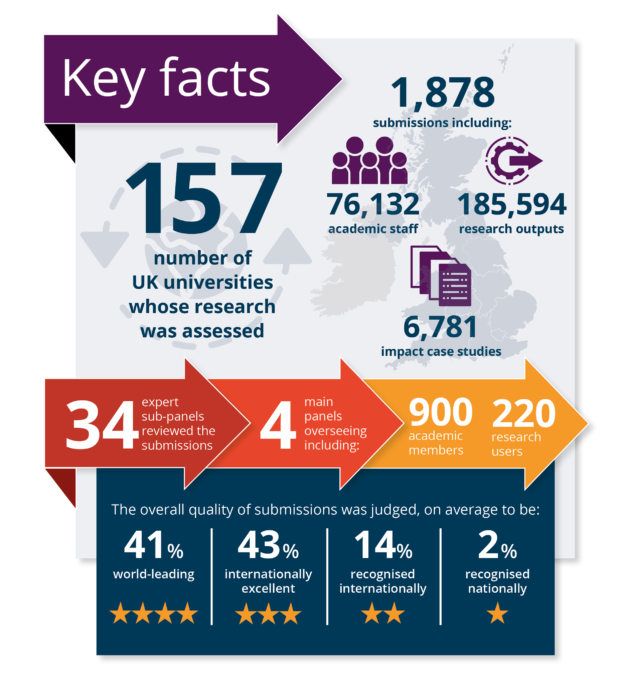By Graham Harvey
We are pleased to share news about the results of the UK’s national audit of research: the Research Excellence Framework (REF). The results are out this week and more information will follow. However, we are keen to celebrate our research as well as our teaching and learning contributions. We’ll also take this opportunity to briefly update you on highlights of what we’ve been doing and what we plan to do.
The REF results provide scores for the quality of publications, based on a submission of a specified number (23) of ‘outputs’ that we considered to be among our best. We selected among our publications to reflect research by our 11 colleagues. The REF panel rated 83% to be world-leading in terms of originality, significance and rigour (4*) or internationally excellent (3*) in the same terms. In other words, they considered that anyone researching a topic relevant to 4*-rated publications must engage with those works, and would certainly be wise to engage with the 3* works too. We are pleased that an increasing number of our publications are ‘open access’, i.e., freely available to read through the websites of relevant publishers or journals. The Open University’s Open Research Online repository makes even more of our work available in pre-publication versions (which are usually very close to the final published versions).
In addition to the selection of published work, we also provided a statement about our ‘research environment’ for evaluation. This sets out how we facilitate, encourage, support and reward research by department colleagues and our postgraduate researchers. It also evidences our contributions to the wider national and international community of Religious Studies researchers (e.g., as peer reviewers of research and publication proposals, book and journal editors, learned society committee members, conference organisers and more). The expert panel rated 75% of our research environment statement to be at an internationally excellent level.
We were also required to submit Impact Case Studies (ICS) to evidence how our research has changed and/or benefited the world beyond academia. We selected two to illustrate the coherence of a vibrant research community and culture focused on ‘contemporary religion in historical perspective’. Our first ICS demonstrated the ways in which the research of Prof John Wolffe, Dr John Maiden and Dr Gavin Moorhead has increased the present-day impact of religious history and archives. Our second ICS set out how Prof Graham Harvey’s ‘New Animism’ research has had an impact on creativity, culture and society. The REF panel categorised 50% of these case studies to be 4* and 3*. We celebrate these results and will say more about the research and impact involved in future blogs.
Existing blogs already show how all members of the department conduct research and contribute to effecting positive change in the world. We have not rested since completing our REF submission but have sought to enhance our research and engagement with wider communities. We are also devoted to producing and delivering similarly world-leading and research-based learning opportunities for both our students and all learners. We have been joined by a twelfth colleague whose work extends the range of issues about which we research and teach – in particular engaging with ‘non-religion’. We remain strongly committed to using the OU’s technological expertise and online reach to engage publics with research which enhances religious ‘literacy’. A recent example of this is the AHRC-funded ‘Census Stories’ project, which used innovative storytelling techniques to engage people from Milton Keynes with data on demographic changes in religion and ethnicity in the UK. This is now a free public online course, which enables others to use the same approaches to understanding the complexities of religious and non-religious identities in their own localities. We are also set to continue our engagement with young people on religious diversity through the European Commission funded RETOPEA (Religious Toleration and Peace) project. An online ‘Badged Open Course’ will soon be released, designed for high-school teachers, youth workers and museum staff, which equips them to help young people make ‘docutubes’ – short ‘Vlog’ style documentaries – about religious diversity past and present. These are just some of the ways in which RS at the OU is providing world-leading and internationally excellent research-based resources for everyone interested in understanding and debating religion in many arenas.

